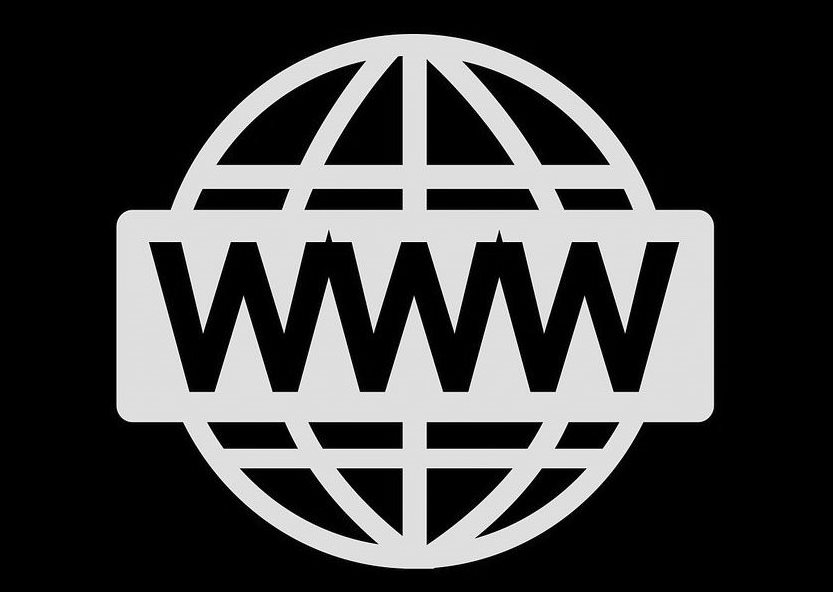






IPv4 addresses have already run out in every region other than Africa and this continent is projected to run out of addresses in March 2020. While there are technical workarounds which can help to mitigate potential adverse consequences, there is ultimately no alternative but to adopt IPv6 across the board if South Africa is going to benefit from technological advances such as 5G, the Internet of Things (IoT) and smart cities.
Alarmingly, however, figures published by Google reflect SA’s IPv6 adoption at 0.4%, substantially behind Zimbabwe at 6.01% and Gabon at 14.38%, all well below the global average of 29.44%. Amongst the BRICS nations India has reached 39.62% adoption, Brazil 28.85%, Russia 4.26% and China 1.29%.
“IPv6 compliance needs to come out of the basement and into the light so that it can be made SA’s internet issue of the day until it is resolved. It’s that serious because we cannot let the ICTs that should be the vehicles for positive socioeconomic change slip away due to a simple nuts and bolts compliance issue,” explained André van der Walt, ISPA chair.
World IPv6 Launch Day on 6 June 2012 highlighted the need for network operators, Internet Service Providers (ISPs), equipment manufacturers and others to help keep the world wide web accessible to end-users.
Seven years later, the local web still abounds with organisations that have not made the switch from IP Version 4 (IPv4) to IPv6. ISPA says doing so will help ensure ISP customers do not experience any difficulties when accessing the local and overseas websites that exclusively use IPv6.
For its part, ISPA has facilitated the rollout of IPv6 by providing a virtual local area network (VLAN) at the Johannesburg Internet Exchange (JINX) to facilitate testing for ISPs that connect to JINX. AfriNIC, the regional Internet registry, and the body that Africa gets its IP addresses from, has also played its part by initially making IPv6 allocations free.
Van der Walt also lauded AfriNIC for running a comprehensive series of planning and transition workshops to ensure local network engineers and systems administrators are comfortable implementing and managing IPv6 networks. “AfriNIC’s IPv6 awareness and capacity-building initiatives are to be applauded as they specifically aim to train an impressive 600 network engineers per year,” said van der Walt.
He explains that IP addresses are needed to route packets of data around the internet and denote individual devices connected to the Internet. IPv6 is the answer to the anticipated shortage of IP addresses as more devices are connected to the Internet.
“ISPA will continue to press home the message that ISPs, operators and others should ensure IPv6-compliance. ISPA has also communicated to ICASA in this regard,” adds van der Walt.
While consumer-facing ISPs rely on their underlying infrastructure partners to support IPv6, and are therefore not able to unilaterally roll-out the new protocol, end Internet users can help ramp up the adoption of IPv6 by enquiring about IPv6-compliance and ensuring that devices they buy such as routers are IPv6 compliant.